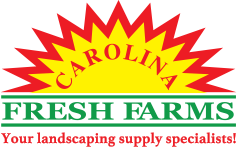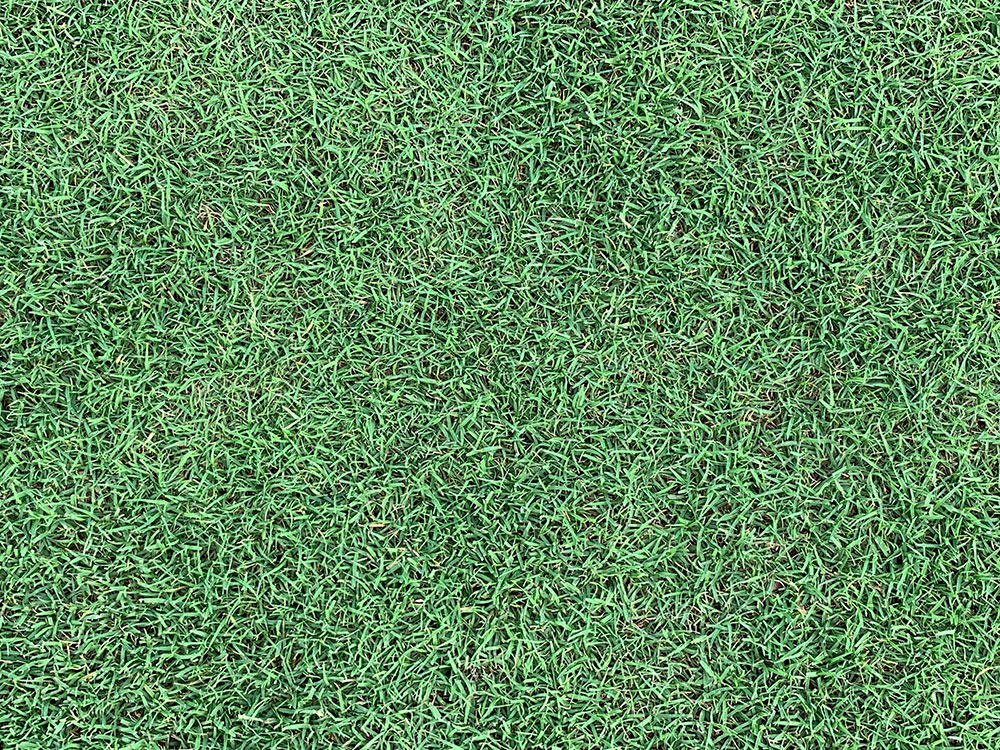
With a little effort, hybrid Bermuda can be a very rewarding lawn to grow and maintain. Because Bermuda requires more nitrogen during the growing season than any other lawn grown in the Southeast, it is essential to choose higher-quality products that provide the desired amount of nitrogen without producing too much top growth.
The EXPO product listed below will provide ample nitrogen to the grass in a form which is more than 80 percent slow release. In addition to slow release nitrogen, this product also contains slow release potassium. Potassium is key in water movement and retention between plant cells, which lowers stress on the plant during hot, dry periods. In essence, this new 20-0-25 EXPO product will provide a lush green lawn which is much more tolerant to drought conditions.
Seasonal Maintenance for Bermuda
SPRING
March 15 - April 30
Soil Samples - Take soil sample to test for pH as well as fertility levels of your lawn.
April 15
16-25-12 w/ MESA - Provides phosphorus for root growth
May 15 - May 21
19-0-6 Confront 3/Dimension - Provides nitrogen, postemergent, and preemergent for control of summer weeds. 0-0-7 Allectus - For the control of ants and grubs.
SUMMER
May 1 - June 7th
Fungicide: Armada, Eagle, Headway or Pillar should be used as needed for the prevention of fungus within the lawn
June 1 - June 15
20-0-25 EXPO
July 7 - July 21
25-0-5 51% MESA
August 7 - August 21
20-0-25 EXPO
August 15 - August 31
0-0-7 Acelepryn controls grubs and other insects such as fall armyworms.
FALL
October 1 - October 21
0-0-7 0.38% Prodiamine - Prevents winter weeds such as Poa annua
WINTER
February 21 - March 15
0-0-7 0.38% Prodiamine - Prevents summer weeds such as crabgrass
Maintenance Tips for Bermuda
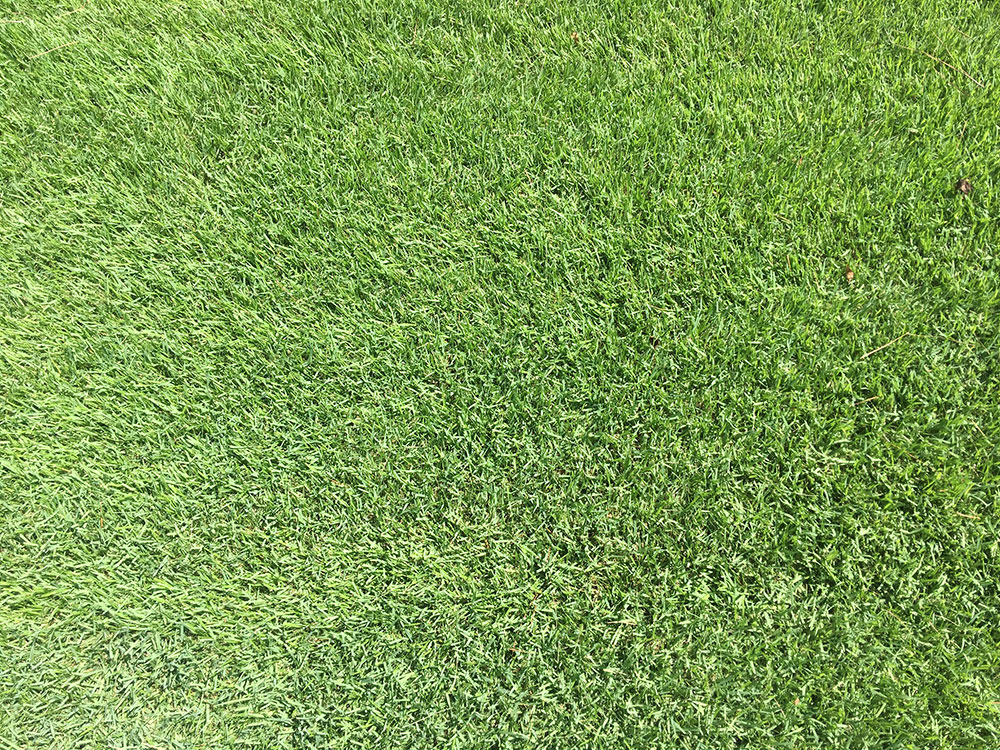
Mowing
Bermuda performs best when mowed closely, as close as 1 to 1 ½ inches if possible. This height of cut can be easily obtained as long as the lawn is smooth. If there are several irregularities in the grade, be careful not to scalp those areas. Scalping a lawn can cause damage to the crown of the plant. If the lawn is uneven, contact one of our retail outlet location for instructions on topdressing a lawn. In order for Bermuda to look its best, you should mow your lawn every five to seven days. This ensures that thatch will not become a problem and will help you avoid that “white” color of the lawn just after mowing.
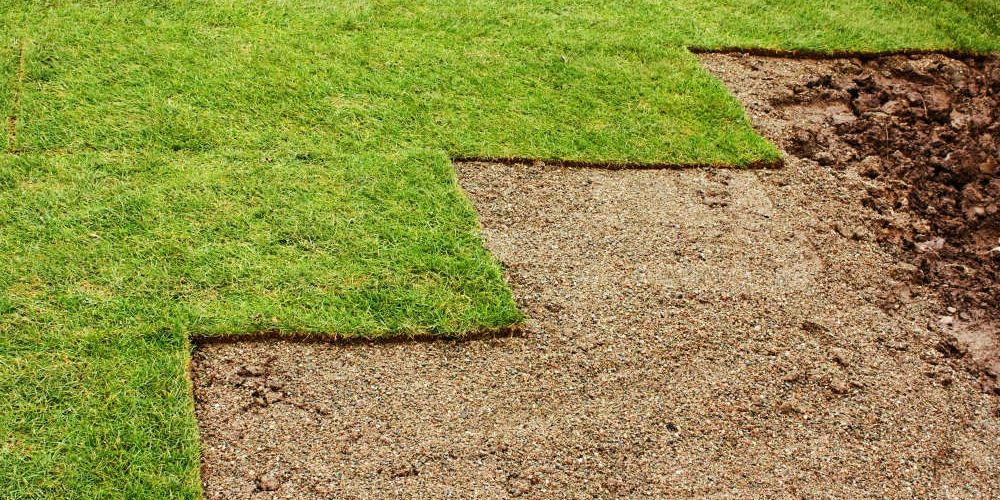
Watering
Your lawn requires 1 to 1 ½ inches of water per week during the growing season. Irrigation of the lawn should be performed in the early morning hours just before daylight. This practice will avoid rapid evaporation of water before it reaches the lawn, yet allow the leaf tissue to dry quickly after the sun rises. Do not water your lawn every morning for short intervals. This process will only encourage shallow root growth. Instead, water your lawn for long periods two to three times a week.
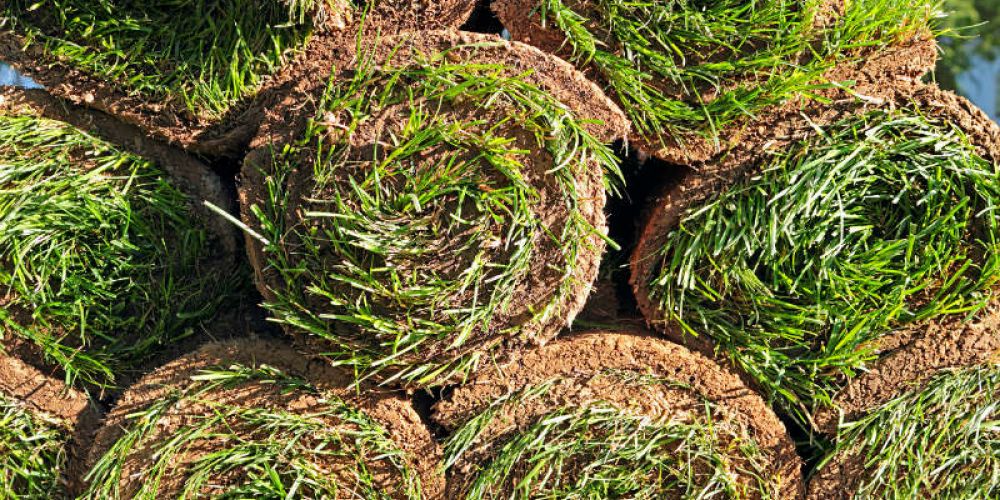
Aeration
Aeration has two purposes. The first is to simply loosen the soil. The second is to prune the roots. Core aeration is the recommended method and should be performed every two years on a typical home lawn during the growing season. If your lawn receives heavy foot traffic, it would be advisable to aerate every year. Aeration should be performed during the growing season.
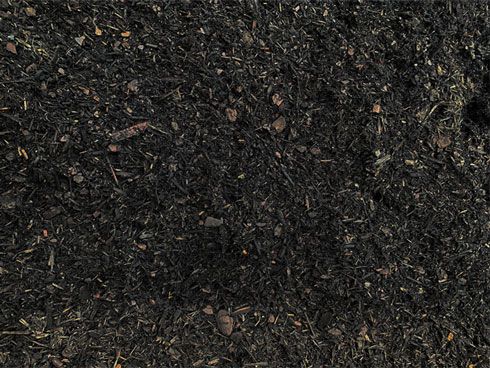
Soil Basics
A practical understanding of your soil is essential in managing your lawn. Soil pH is perhaps the most crucial element. Most turf grasses perform best when the soil pH falls between 6.3 and 7.0. We recommend that a soil test is performed annually to check the pH values as well as other nutrient levels within the soil profile. Any Carolina Fresh Farms Turf Center will be happy to send your soil samples to our soil testing laboratory. Our soil testing program is a free service. All you need to do is bring in 4 cups of soil into the Carolina Fresh Farms outlet and we'll be able to help.
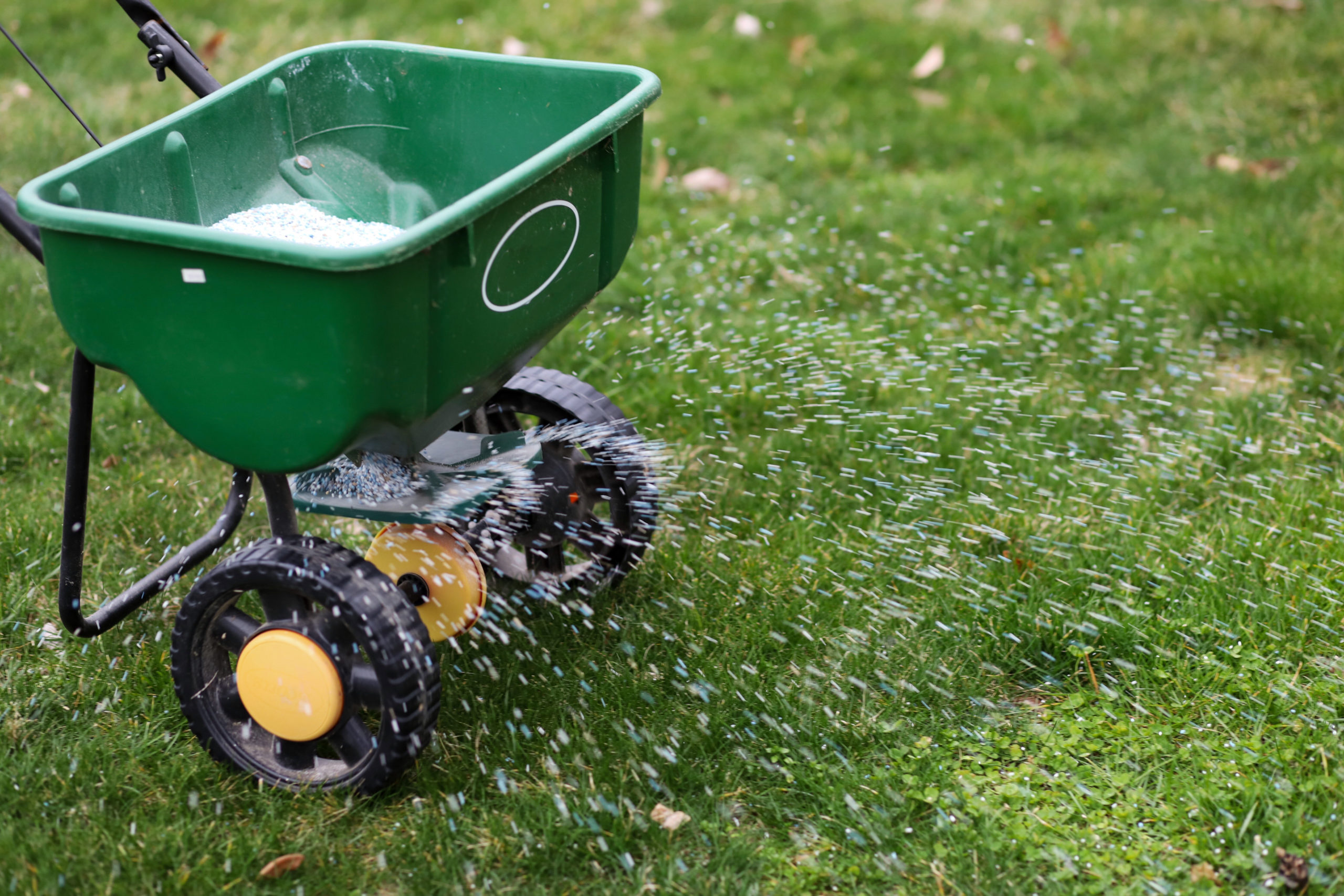
Specialty Products
Verde-Lawn Hydro improves calcium availability in the soil and in the plant while providing improved soil moisture retention. When applied at a rate of 10 pounds per 1000 sq ft, Verde-Lawn Hydro will raise the soil pH in most soils up to one full point. Use a fungicide that's granular or in the form of water dispersible granules. Headway controls a wider range of diseases than any other currently registered product, including dollar spot, brown patch and all other major turf diseases. Pillar G is a combination of two effective ingredients used to control and prevent numerous turf diseases. Eagle is excellent long-term preventative control of most diseases in turf. Armada 50 WDG is available in water dispersible granules that require mixing with water and application via a backpack sprayer. It is effective against 16 of the toughest turf diseases and has a residual of 21 to 28 days.
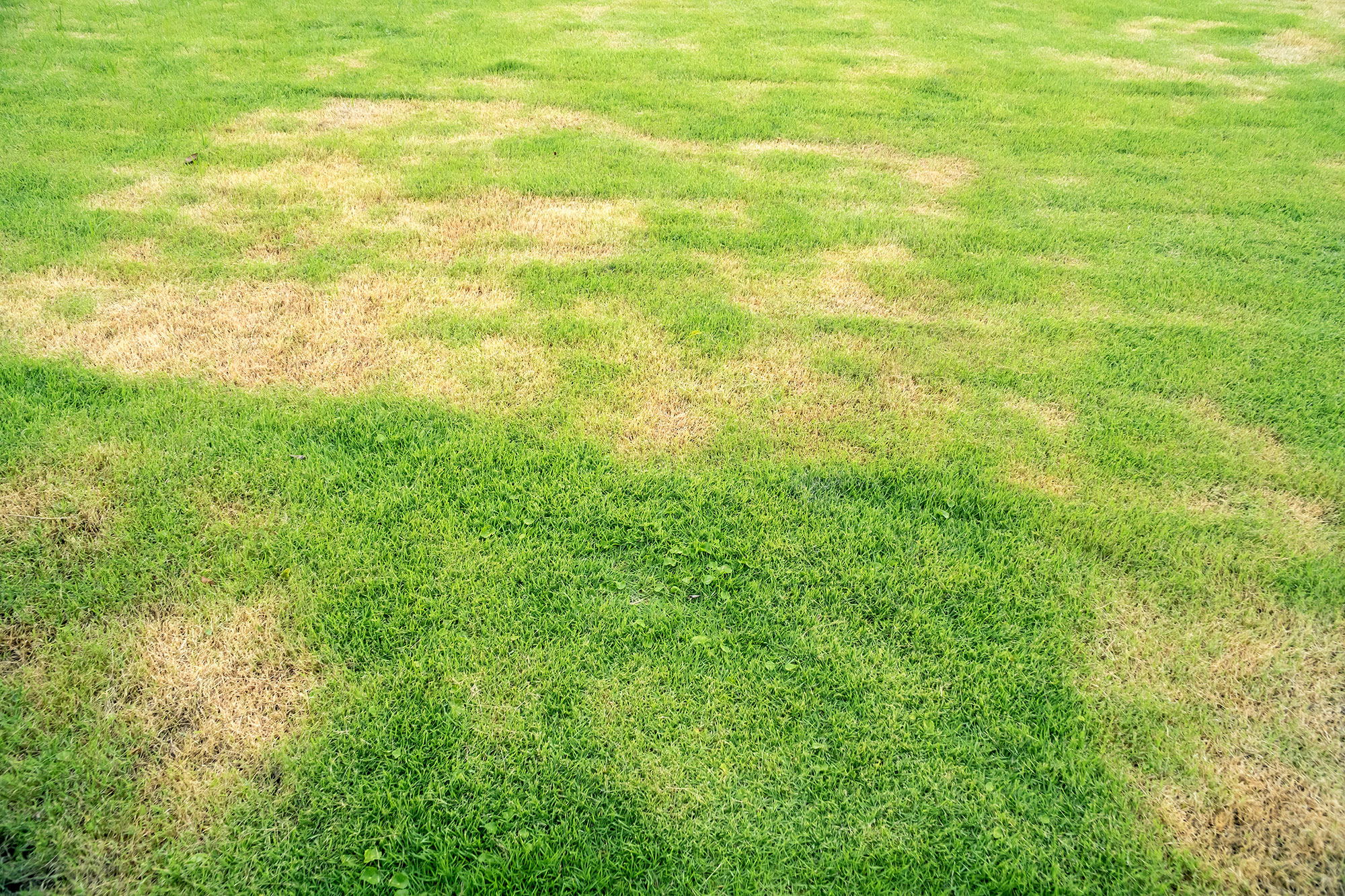
Fungus Control
Over the years, we've observed many lawns with dollar spot. If treated early, dollar spot is easy to control. Warm, humid weather with cool nights and heavy dews promotes the disease. Dollar spot kills the grass in small 2–3 inch circles. If left untreated, the spots will continue to grow together killing more grass. A simple application of a systemic fungicide such as Pillar, Armada, Eagle or Headway will help prevent and cure this disease.
